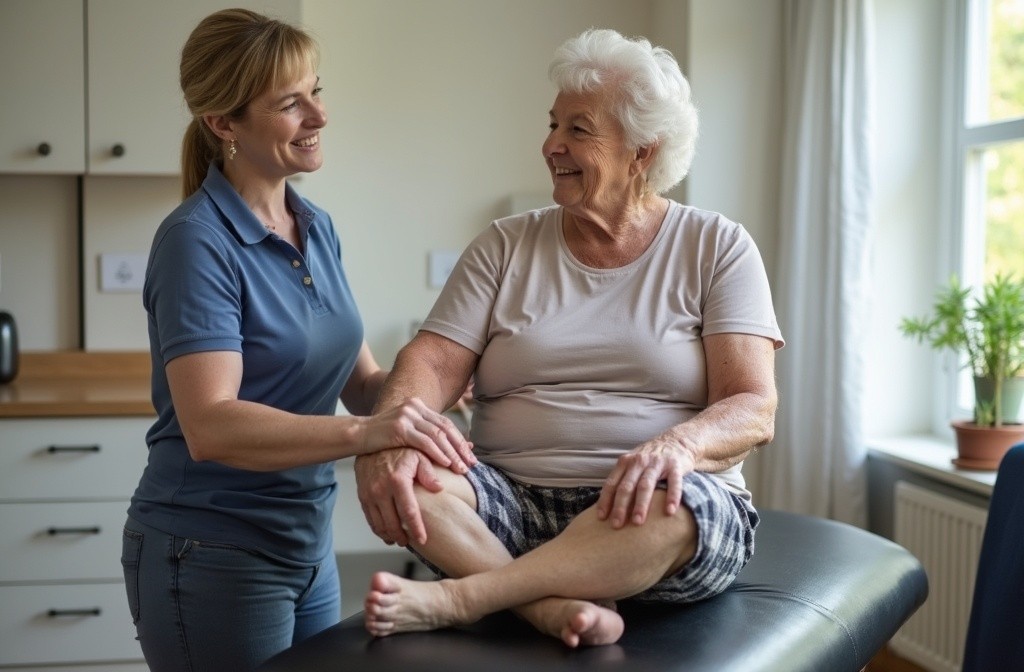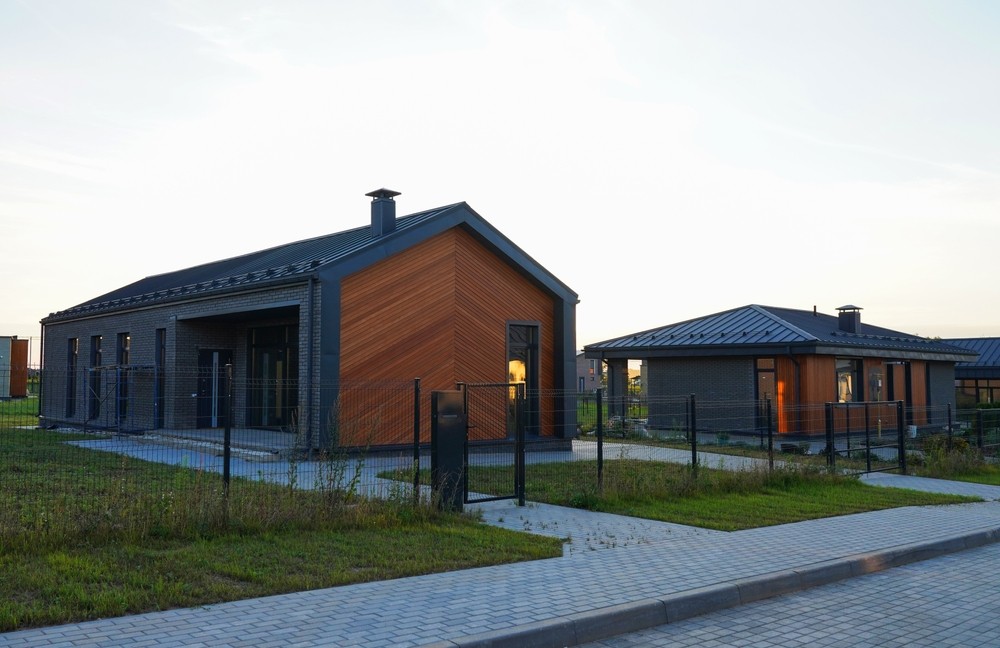The journey of managing Parkinson's Disease is often riddled with uncertainties, leading many to seek supplementary methods to traditional treatment. This exploration into natural approaches offers insights that could ease symptoms and improve quality of life for those living with Parkinson's Disease.

Understanding the Importance of Nutrition in Parkinson's Disease
The pivotal role of nutrition in managing Parkinson’s Disease (PD) cannot be overstated. Parkinson’s is characterized by motor symptoms such as tremors, stiffness, and bradykinesia, but it also encompasses non-motor symptoms like depression and cognitive decline. Research suggests that nutritional imbalances may exacerbate these symptoms or affect the pharmacokinetics of Parkinson’s medications. For an in-depth understanding of PD, movement disorder experts provide insights into its challenges and ongoing research here.
Nutrition can influence dopamine production, the central neurotransmitter that is depleted in Parkinson’s. A diet rich in antioxidants may offer protection against neuronal damage while enhancing brain health. Meanwhile, understanding food-drug interactions is paramount, especially since protein intake can interfere with the absorption of levodopa, the primary medication used to treat Parkinson’s. More on medications can be explored here.
Top Foods to Help Reduce Symptoms
Opting for a balanced diet can have a profound impact on symptom management for those living with Parkinson's. The MIND and Mediterranean diets are often recommended due to their emphasis on natural and plant-based foods. Key dietary inclusions are:
- Antioxidant-Rich Foods: Blueberries, strawberries, and dark leafy greens help combat oxidative stress and may protect brain cells.
- Omega-3 Fatty Acids: Found in fish like salmon and mackerel, these are essential for anti-inflammatory effects and cognitive function.
- Fiber-Rich Foods: Whole grains, fruits, and vegetables aid in improving digestive health, combating constipation commonly associated with Parkinson’s.
- Low-Protein Diet at Medication Times: Timing protein intake can be essential since protein can affect medication absorption. It’s beneficial to consume higher protein meals during times when medication absorption is not required.
- Probiotics: Keeping gut health in check can be critical, as gut dysbiosis is linked with numerous non-motor symptoms of Parkinson's.
Adopting such dietary practices not only aids in the physical symptoms but can also have beneficial impacts on mental health and general wellbeing.
Natural Remedies and Lifestyle Adjustments
Alongside dietary interventions, there are various natural and lifestyle strategies that can complement traditional Parkinson’s treatments. These approaches can not only enhance quality of life but may also reduce the reliance on medications, as some face significant side effects from long-term pharmacological use. Misconceptions about Parkinson’s management can sometimes lead individuals astray, making it essential to rely on evidence-based practices as noted in the Mayo Clinic Proceedings article.
Key natural interventions include:
- Exercise: Physical activity, tailored to individual ability, can improve balance, flexibility, and muscle strength. Activities such as tai chi, yoga, and dance have shown to enhance mobility and wellbeing.
- Mindfulness and Mental Health Strategies: Techniques like meditation and cognitive-behavioral therapy can help in dealing with anxiety, depression, and stress often associated with Parkinson’s.
- Herbal Supplements: Some, like turmeric and green tea, are explored for potential neuroprotective effects, though it’s essential to consult healthcare providers before beginning any supplements.
- Acupuncture: This traditional Chinese medicine technique may offer relief from pain and improve overall energy flow in the body.
- Sleep Management: Prioritizing sleep hygiene through a consistent routine, a comfortable sleep environment, and potentially melatonin supplementation can greatly aid in managing sleep disturbances related to Parkinson's.
Implementing these lifestyle adjustments and natural remedies requires a personalized approach, often with the guidance of healthcare professionals familiar with Parkinson’s disease.
Parkinson's Treatment Options for Seniors
When focusing on seniors with Parkinson’s, treatment requires a nuanced approach due to age-related changes and potential comorbidities. Traditional medication regimens, while effective, must be carefully managed to avoid polypharmacy and its complications. According to research, optimal management involves a combination of pharmacological and non-pharmacological strategies to handle both motor and non-motor symptoms effectively. The medications most commonly used include levodopa, dopamine agonists, and MAO-B inhibitors, each with their own benefits and challenges.
For seniors, emphasis is placed on:
- Fall Prevention: Exercises that focus on balance and strength are crucial due to increased fall risk in older adults.
- Cognitive Health: Activities that engage mental processes, such as puzzles or memory games, can support cognitive function alongside pharmacological interventions.
- Community Support: Participating in group activities or support groups can offer emotional support and reduce feelings of isolation.
- Comprehensive Geriatric Assessment: Regular assessments can help in tailoring treatments and making necessary lifestyle modifications that align with individual health status and goals.
Exploration into non-traditional therapies and lifestyle interventions offers seniors a pathway to not only manage symptoms but also enhance their quality of life significantly.
Navigating Parkinson's Disease management, especially through diet and natural approaches, requires a layered understanding and a personalized plan. As research continues to unfold, especially through dedicated studies and resources such as the National Institute of Neurological Disorders and Stroke, individuals and caregivers can find expansive resources to guide these approaches. The hope is to empower those affected by this neurological disorder to lead fuller, healthier lives with less reliance solely on medication.




